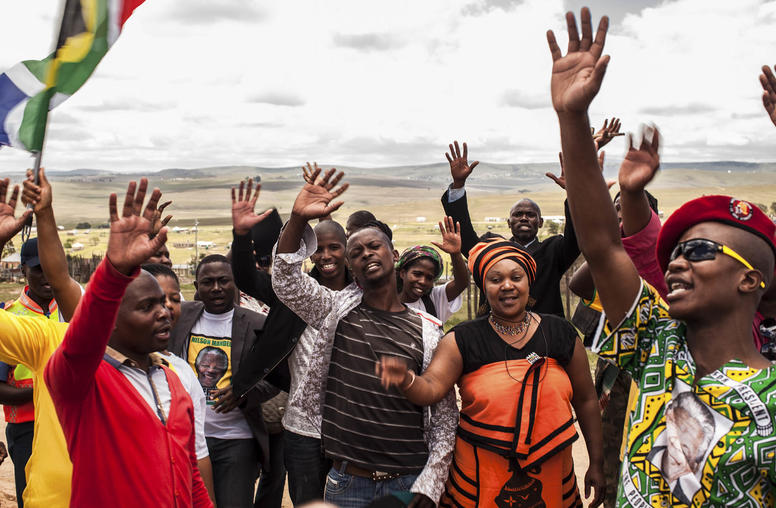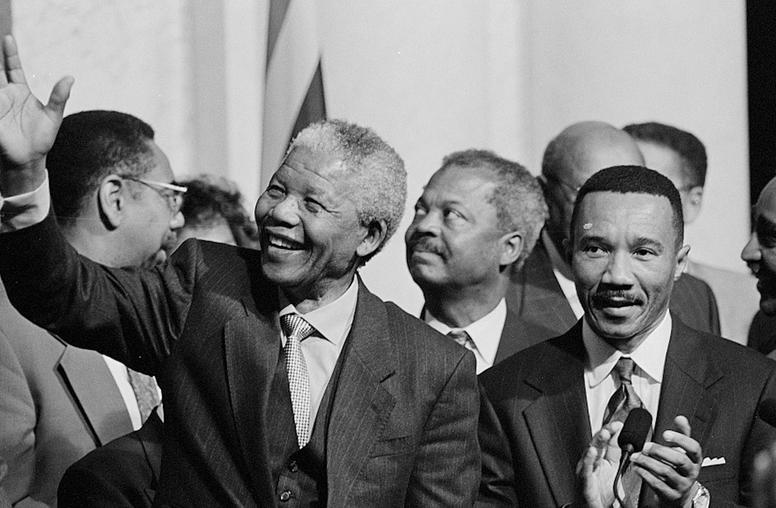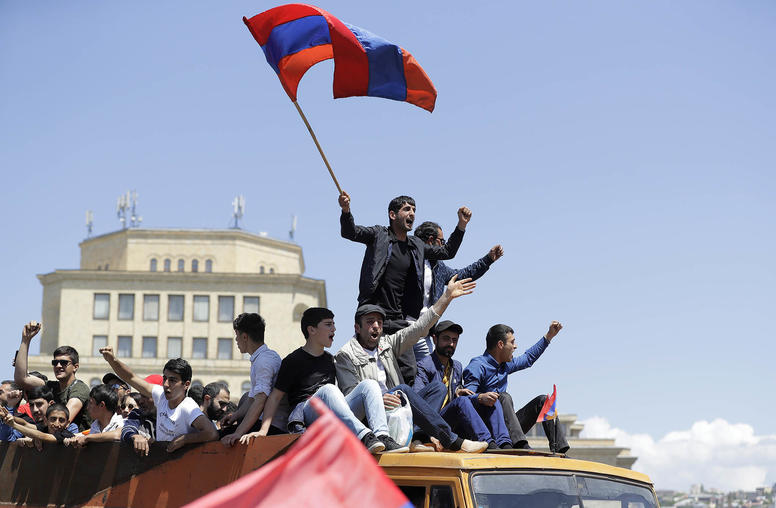Civil Resistance Transitions: Dialogue, Trust and Democracy
Part Three in a Series on People Power, Peace, and Democracy
Read the Event CoveragePolitical transitions initiated through nonviolent action are more than three times as likely to end in peace and democracy than any other form of transition. Yet prominent cases such as the “Arab Spring” revolutions in Egypt and Syria — in which nonviolent action resulted in returns to authoritarianism or devastating civil war — show that this relationship is far from easy or direct. And even when some form of democracy is achieved, many young democracies struggle to gain the trust necessary for long-term peace and stability. How can movements navigate this uncertain road from a breakthrough against authoritarianism to long-term sustainable democracy?
To better understand the intersection of nonviolent action and peace processes, USIP and the Berghof Foundation hosted the third in a series of four events on people power, peace and democracy. The event series highlighted multiple groundbreaking research projects and featured insights from activists, international practitioners and policymakers that provided viewers with actionable takeaways.
Featuring new USIP research on the crucial role of inclusive dialogue and negotiation processes, this event looked at the characteristics of peace processes that most successfully foster citizen trust in a renewed social compact and long-term sustainable democratization. The discussion also provided key insights and recommendations for activists and external peacebuilding actors working to ensure successful dialogue and foster democratic outcomes — as well as how to apply those insights and recommendations in on-the-ground cases.
Learn more about the first and second event in the series. Continue the conversation on Twitter with #PeoplePower4Peace.
Speakers
Zied Boussen
Tunisian Activist and Researcher
Veronique Dudouet
Senior Research Advisor, Berghof Foundation
Zahra Hayder
Sudanese Activist and Organizer
Roman-Gabriel Olar
Assistant Professor, Trinity College Dublin
Jonathan Pinckney
Senior Researcher, Nonviolent Action, U.S. Institute of Peace
Lise Grande, moderator
President and CEO, U.S. Institute of Peace



